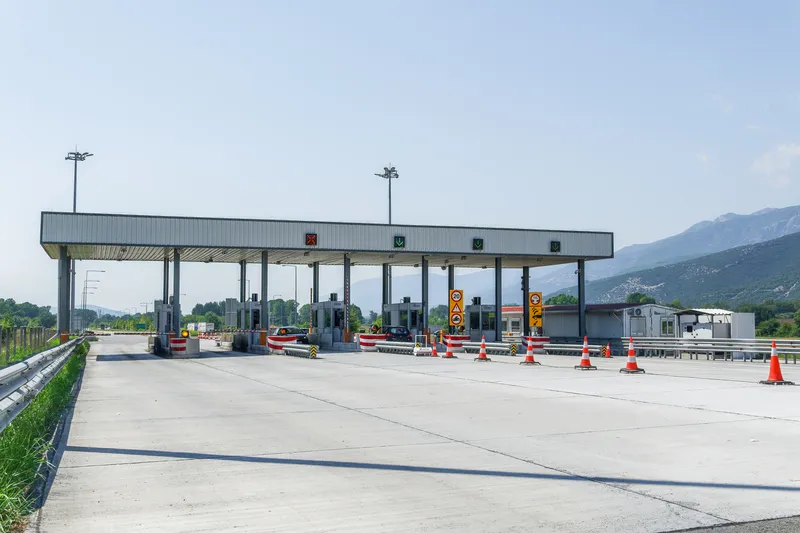Kapsch TrafficCom IVHS has been selected by the E-ZPass Group, a coalition of 24 toll agencies in 14 US states, as vendor for a new 10-year technology and services contracts, subject to individual agency approval processes. As a result of the selection, Kapsch TrafficCom IVHS will continue to provide transponders, readers, ancillary equipment and services to support the operations of members of the E-ZPass Group, who collectively operate the largest interoperable toll collection system in the world with mor
April 17, 2012
Read time: 3 mins
The selection of Kapsch was the result of a comprehensive, competitive procurement process in which the company’s proposal received the overall highest score and had the lowest cost. Evaluation elements included technical and non-technical criteria, as well as estimates for operating and transition costs.
In connection with announcement of the selection, E-ZPass Group chairman Donald Bell commented that the selection of Kapsch TrafficCom IVHS as technology vendor assures continued high accuracy rates at the industry’s most competitive prices.
"The award by the E-ZPass Group is a significant next step for Kapsch in the USA. This event highlights the extensive competence of Kapsch TrafficCom and will enable us to continue to expand our presence in North America even further in the coming years", stated Georg Kapsch, CEO of Kapsch TrafficCom.
Meanwhile, in Europe, Kapsch TrafficCom has won an important order for an electronic toll collection (ETC) system for multi-lane free-flow traffic on 520 kilometres of Portugal’s primary road network. The company will install a total of 38 toll stations for the new system – doing away with the need for manual toll collection. When the system is fully deployed, tolls will be collected from all vehicles using this newly created ETC system. Kapsch will subsequently provide technical operation and maintenance of the system for the Portuguese operator Ascendi for five years.
“Portugal has been an interesting market for us for a very long time. Many years ago, for example, Kapsch made the existing toll collection system in Portugal compatible with the rest of Europe. There are now about 450,000 on-board units in use on Portuguese roads. They guarantee smooth interoperability with other systems,” says Michael Gschnitzer, sales director of Kapsch TrafficCom.
Ascendi currently manages seven road concessions in Portugal, most of them over affiliated operation companies of the Ascendi Group. Together, they are account for more than 1,370 kms of the primary road network in Portugal.









